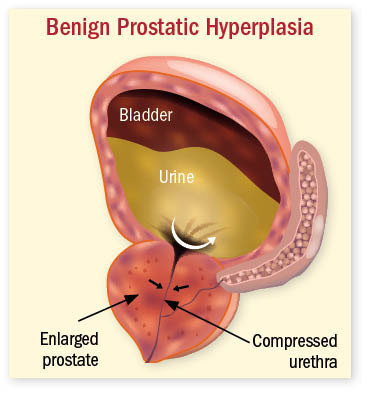
Trying to lose weight? Be careful not to lose muscle

Is your skin problem actually an autoimmune condition?

People with diabetes face higher risk of hearing loss

Antibiotic-free fixes for recurrent UTIs

Musculoskeletal syndrome of menopause: When menopause makes you ache all over

When can older women stop getting mammograms?

To lose weight, especially harmful belly fat, combine diet and exercise

Can men hold off on treating recurring prostate cancer?

The 7 types of rest and why we need them all

What are the early warning signs of cervical cancer?
Men's Health Archive
Articles
Air pollution: How to reduce harm to your health
Some air pollution levels have inched up in recent years, and accumulating evidence suggests that higher levels of particulates in the air are linked with increased levels of hospitalization for many serious health problems. But we can make choices to help both the environment and our health.
Help for erectile dysfunction
Ready for your routine medical checkup?
Before the pandemic did you schedule a routine, in-person health checkup every year? Is this necessary or can you safely skip a year or consider a telehealth visit or a combination of in-person and virtual care? There are pros and cons to these options and no single solution will work for everyone.
A new treatment for advanced prostate cancer improves survival in phase 3 clinical trial
Steps to treating an enlarged prostate
Genital herpes: Common but misunderstood
Large review study finds low risk of erectile dysfunction after prostate biopsy
MRI looking better for detecting prostate cancer
Choosing the right ED drug

Trying to lose weight? Be careful not to lose muscle

Is your skin problem actually an autoimmune condition?

People with diabetes face higher risk of hearing loss

Antibiotic-free fixes for recurrent UTIs

Musculoskeletal syndrome of menopause: When menopause makes you ache all over

When can older women stop getting mammograms?

To lose weight, especially harmful belly fat, combine diet and exercise

Can men hold off on treating recurring prostate cancer?

The 7 types of rest and why we need them all

What are the early warning signs of cervical cancer?
Free Healthbeat Signup
Get the latest in health news delivered to your inbox!
Sign Up










